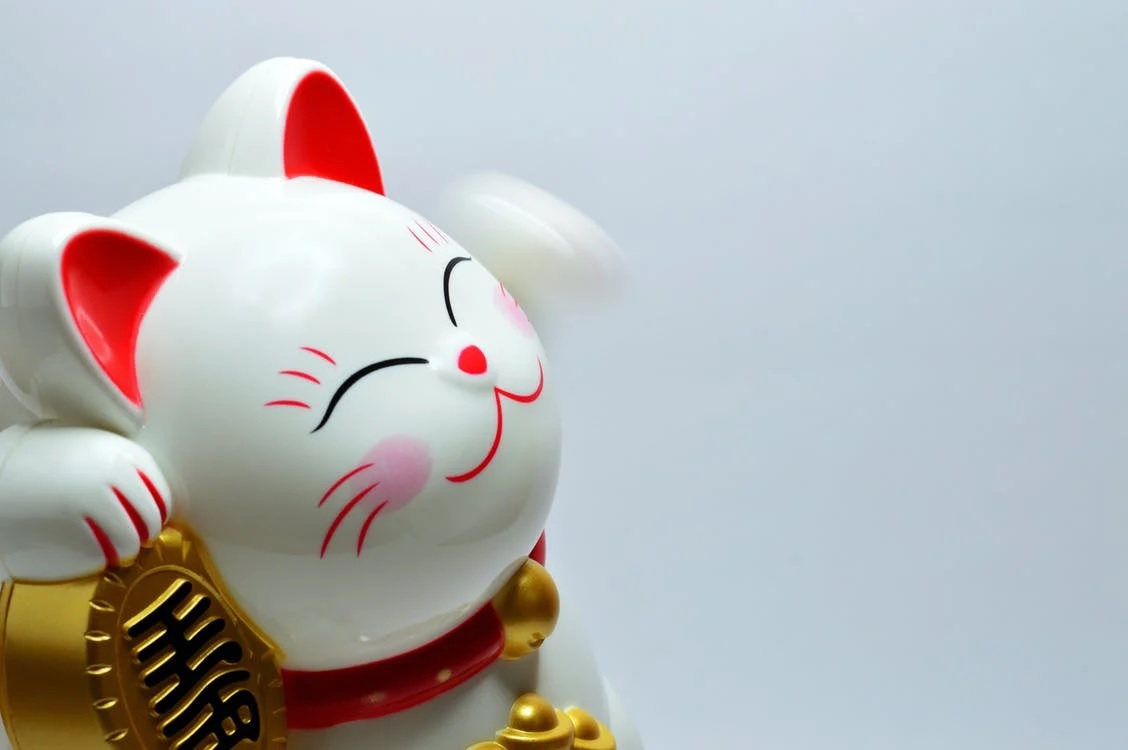Introduction:
“Honesty is the best policy” is an age-old adage that emphasizes the value and significance of truthfulness and integrity in our lives. Honesty is a virtue that has been revered across cultures and throughout history. This essay explores the importance of honesty, its impact on personal character, relationships, and the overall well-being of society.
The Meaning and Significance of Honesty:
Honesty refers to the quality of being truthful, sincere, and free from deceit. It involves speaking the truth, acting with integrity, and being transparent in our actions and dealings. Honesty is not only about telling the truth but also about living an authentic life where our words and actions align with our values and principles.
Honesty Builds Trust:
Trust is the foundation of any healthy relationship, be it with family, friends, or colleagues. When we are honest in our interactions, we build trust with others. People feel secure and confident in our presence, knowing that we can be relied upon to tell the truth and act with integrity. Trust forms the basis of strong and lasting relationships, fostering a sense of camaraderie and mutual respect.
Honesty Nurtures Personal Integrity:
Practicing honesty nurtures personal integrity and character. When we are honest with ourselves and others, we create a sense of inner harmony and self-respect. It allows us to live in alignment with our values, making ethical decisions and taking responsibility for our actions. Personal integrity is the backbone of a strong and principled individual.
Honesty Fosters a Positive Environment:
In a society where honesty is upheld as a core value, a positive and supportive environment is created. People feel comfortable expressing themselves without fear of judgment or deception. This open and honest atmosphere encourages collaboration, creativity, and constructive communication, leading to personal growth and collective progress.
The Impact of Dishonesty:
Conversely, dishonesty can lead to various negative consequences. When we are dishonest, we break trust and create a web of lies that can be challenging to untangle. The erosion of trust can damage relationships irreparably, leading to misunderstandings and conflicts. Dishonesty also takes a toll on our conscience, leading to guilt and a diminished sense of self-worth.
Honesty in Professional Life:
In the professional sphere, honesty is of paramount importance. Employers value honest employees who are truthful about their work, capabilities, and accomplishments. Being honest in the workplace fosters a positive work culture, where colleagues can rely on one another, and productivity thrives.
Honesty in Academic Life:
For students, honesty in academic pursuits is crucial. Upholding academic integrity means being honest in submitting original work, acknowledging sources, and not engaging in plagiarism or cheating. Honesty in academic endeavors reflects a commitment to learning and personal growth.
Honesty in Leadership:
Honesty is an essential trait of effective leaders. Leaders who lead with integrity and honesty inspire trust and loyalty in their followers. They communicate openly, take responsibility for their actions, and make decisions based on transparency and truthfulness.
Conclusion:
In conclusion, “Honesty is the best policy” is a timeless adage that holds profound wisdom. Honesty forms the cornerstone of strong character, trustworthy relationships, and a harmonious society. Embracing honesty in all aspects of life leads to personal growth, a positive environment, and a world where truth and integrity prevail. As individuals, let us strive to be honest in our thoughts, words, and actions, and collectively build a society that values and upholds the virtues of honesty for the betterment of all.

